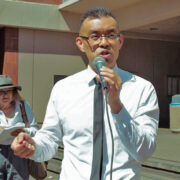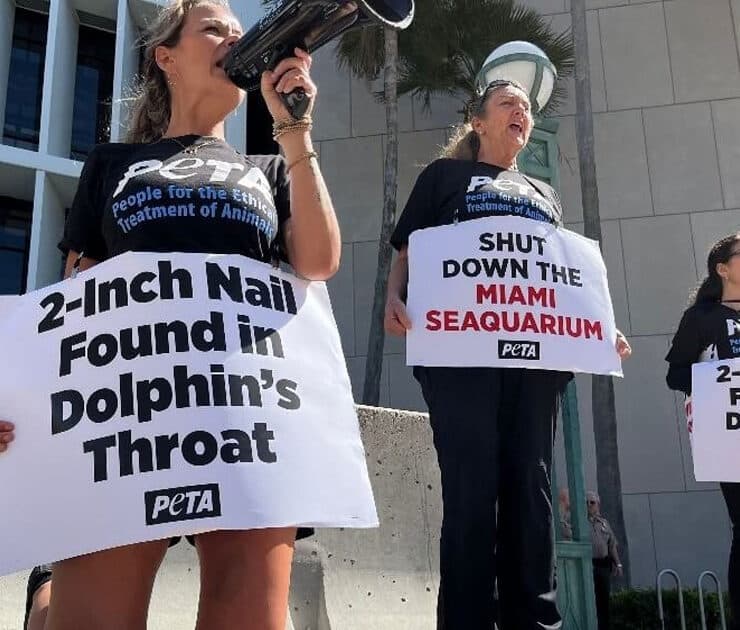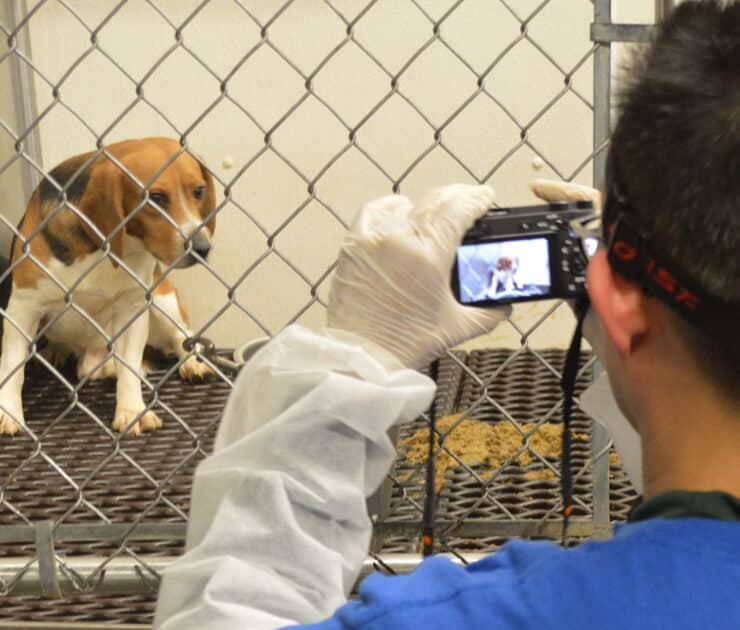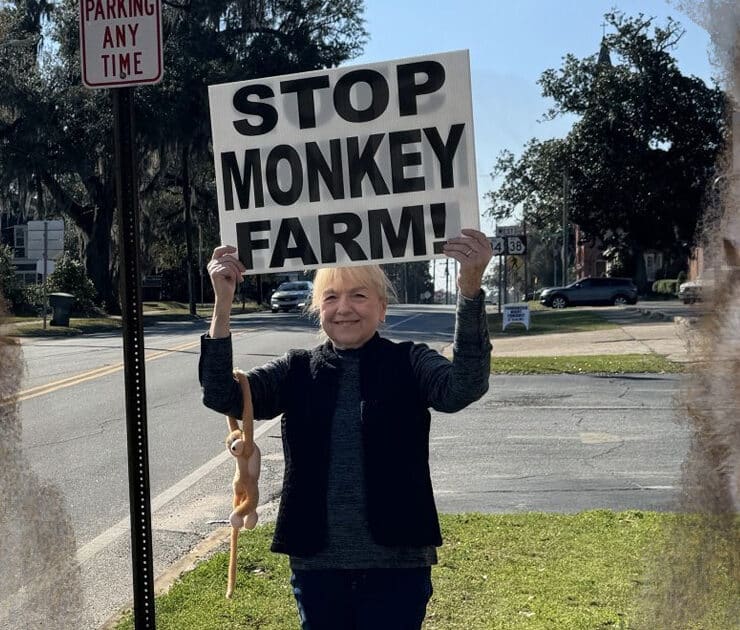Will Sonoma County Voters Ban Large Animal Factories called CAFOs?

A proposal to ban Concentrated Animal Feeding Operations (CAFOs) in Sonoma County, California, has qualified for the November ballot
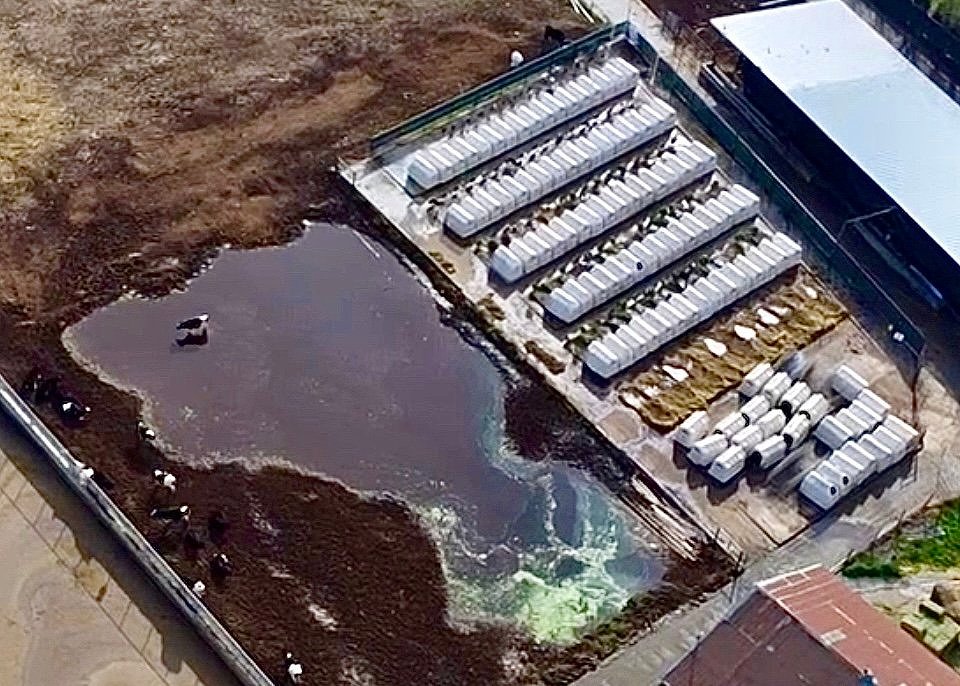
Los Angeles, April 19, 2024 — The California county of Sonoma could become the first in the US to ban Concentrated Animal Feeding Operations (CAFOs) by popular vote. A proposal for a ban on CAFOs has qualified for the ballot in the county. Citizens will be able to vote in November on whether they want to ban huge animal factories that treat millions of animals as if they were units of production.
In early March of 2024, volunteers with the Coalition to End Factory Farming (CEFF) submitted 37,185 signatures for the ballot initiative, collected by more than a hundred volunteers. The County validated over 25,000 signatures, well over the 19,746 signatures required. The delivery of the boxes sparked a moment of celebration by a group of signature collectors who’d gathered for the occasion, although they acknowledge the hardest part of the campaign is still to come: convincing a majority of voters to check YES on this ballot measure.
Visit EndFactoryFarming.Vote to Learn More
UnchainedTV’s Jane Velez-Mitchell spoke with some of the leaders of the campaign including: Samantha Faye from Coalition to End Factory Farming, Sarah Van Mantgem, co-founder of Farm Animal, Climate and Environmental Stewards of Sonoma County, and Cassie King, Direct Action Everywhere’s communications lead. You can watch the entire conversation here:
Which Farms Would Be Affected?
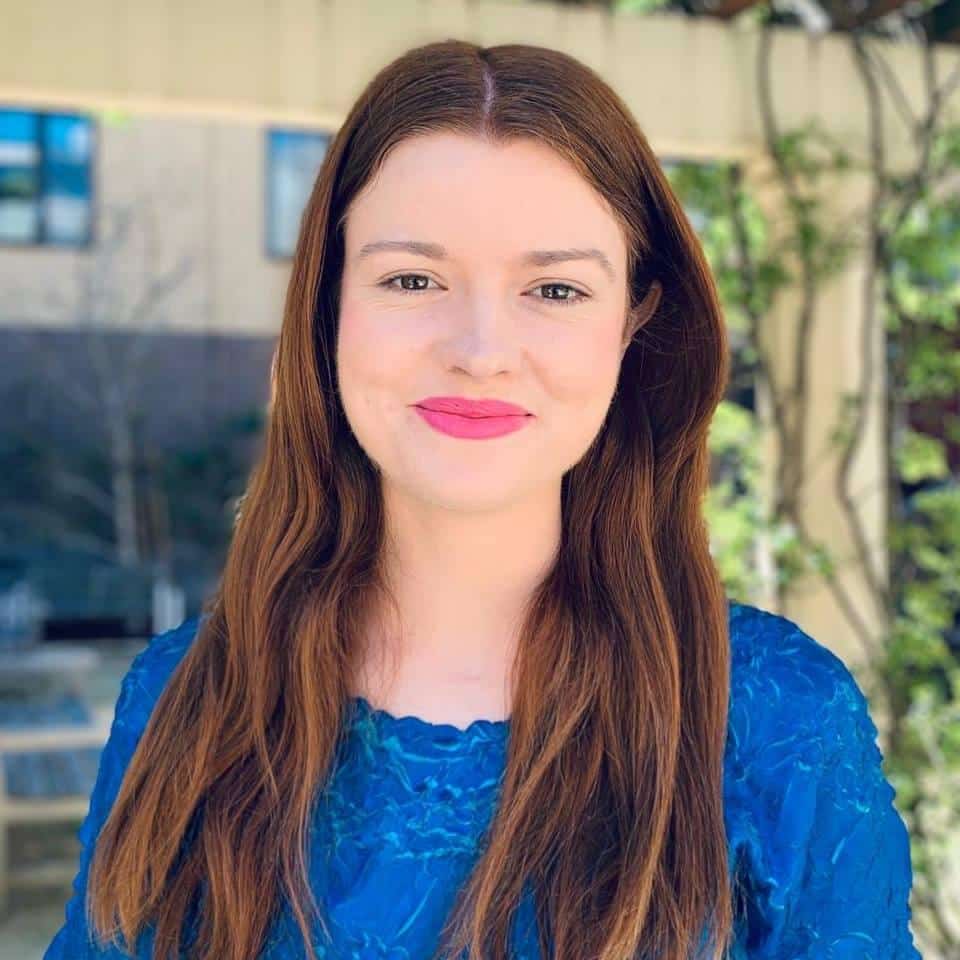
If approved by the voters of Sonoma, the initiative would phase out some of the biggest animal factories in the Northern California county, northwest of San Francisco, which is also known as wine country. It would ban the creation of new CAFOs and require existing ones to either close, transition to another type of farm, or downsize to fall below the CAFO size. The initiative would allow 3-years for the phase out of Large CAFOs and provide a mechanism to help any displaced workers find new employment.
The U.S. Environmental Protection Agency defines a CAFO as a large-scale industrial animal agriculture facility with a specific number of confined animals varying by species. According to them, an AFO is an animal feeding operation with any number of farmed animals that are kept captive and fed in a confined space without growing vegetation for 45 days or more throughout the year. The AFOS with fewer animals can also be classed as medium or small CAFOs, and there are tables indicating how many of each type of animal would lead to this classification. For instance, in the case of cows, more than 1,000 cows would constitute a Large CAFO, while between 300 and 999 would be a Medium CAFO. Normally, less than 300 animals would not qualify as a CAFO, but in very special circumstances (based on how manure is discharged) the authorities may give some of these the label Small CAFO.
According to DxE, Sonoma County only has about two dozen Large CAFOs, collectively confining 2.9 million animals. These include farms that breed chickens, ducks, and cows. Cassie King is Direct Action Everywhere’s Communications Lead, and said the Large CAFOs constitute only a tiny fraction of the total number of farms in the county, but stand out because of the massive number of animals they contain.
“You might think that they have the most employees as well, but actually factory farming is quite mechanised. The feed comes in, the water comes in automated, the manure is falling through cages or falling through wire floors and going out of these chicken and duck facilities. So, even though there are far more animals confined inside CAFOs in Sonoma County than the small animal farms that exist there, they actually have far fewer workers.”
“Sonoma County is quite well known for grapes, and the wine production there, and that’s not impacted at all because we’re specifically looking at concentrated animal feeding operations.”— Cassie King, Direct Action Everywhere
Important California Ballots for Animals
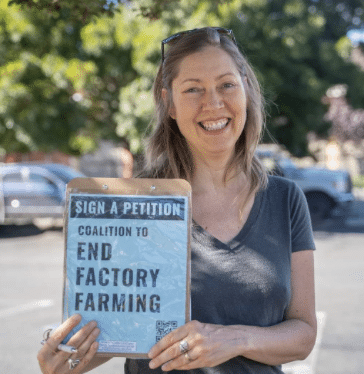
Sarah Van Mantgem is the co-founder of FACES of Sonoma County (Farm Animal, Climate and Environmental Stewards), one of the founders and partners of the ballot measure to end factory farming in Sonoma County. She talks about her experience collecting signatures:
“In my experience with voters, one of the first things that I noted is that folks weren’t really even aware that we had factory farms here in Sonoma County — and I think that was true for myself even just three years ago. People were shocked because most people have this kind of idea of what a factory farm is — a picture, something in their mind — and they definitely don’t associate that with Sonoma County because we have so many bucolic fields and lovely scenes around here.”
There have been other important ballot measures affecting animal agriculture in California. California voters overwhelmingly approved statewide ballots in 2008 (Prop 2) and 2018 (Prop 12) designed to mitigate severe animal confinement. They established minimum space requirements for egg-laying hens, veal calves and pigs. However, critics complain these laws are not being enforced. Animal protection investigators says authorities refuse to prosecute when confronted with videotaped evidence of alleged violations.
Ironically, the activists who report the violations are instead often prosecuted, especially if – while gathering videotaped evidence – they rescue animals they find in distress. In 2023, Direct Action Everywhere’s co-founder Wayne Hsiung was convicted of felony conspiracy to trespass and misdemeanor trespass in Sonoma County for his role leading open rescues of farmed animals after Sonoma prosecutors refused to act on videotaped evidence presented to them. This backstory, combined with the ongoing ballot measure campaign, has made Sonoma County, California ground zero of the national debate over factory farming and its impact on animals and the environment.
Also in November, citizens of Berkeley, California, will vote on an ordinance (named No More Factory Farms Berkeley) to ban animal factories in that university town neighboring San Francisco.
“The industry is so concerned that, if we do have success, or maybe even if we don’t, that we just raise enough awareness that other people are going to take the baton and run with it. I think they absolutely will, and it’s about time.” — Sarah Van Mantgem, FACES of Sonoma County
What Will Happen Next?
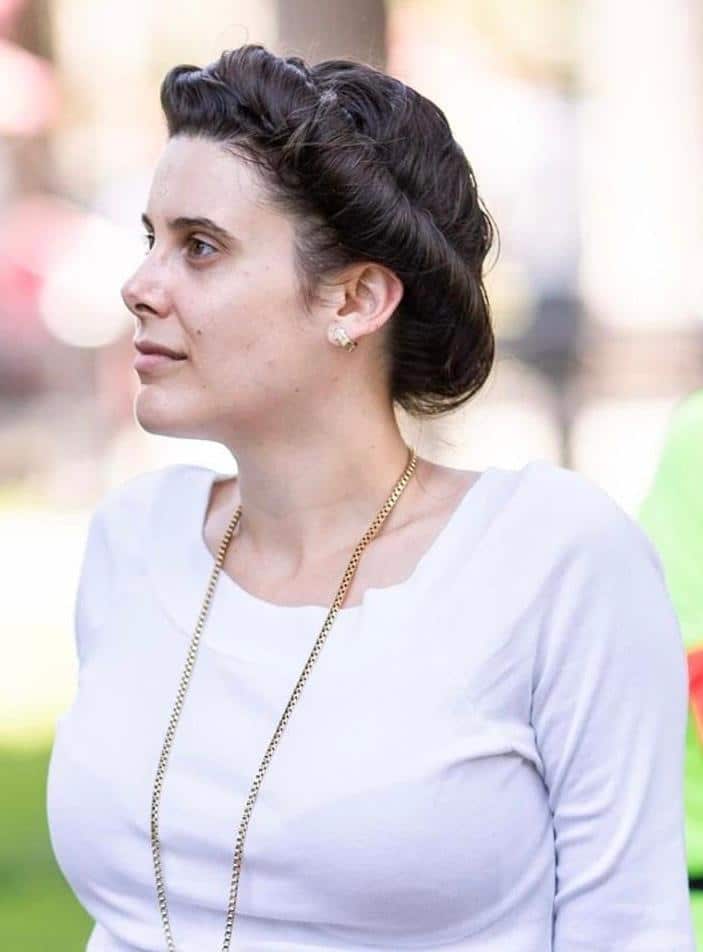
Samantha Faye is a Sonoma County local and proponent of the CAFO ban ballot measure. She said the following about how they managed to get this far on this project:
“The only way that we got all of these signatures, that is 37,000 signatures, is simply through the power of volunteers. A lot of other measures and political organizations will hire people to collect signatures, but every single one of our 150 volunteers was unpaid and came of their own accord to Sonoma County, and from Sonoma County, to collect these signatures.”
After achieving the required number of signatures, the next step was for the Registrar of Voters to send the initiative to The Board of Supervisors of Sonoma County, to decide what to do with it. They had the option of adopting the ordinance (highly unlikely), presenting it to voters during a special election, or presenting it to voters in the next standard ballot, which is in November (very likely).
Before sending it for a vote, the Board of Supervisors had also the option of commissioning a study by county agencies on the impact of this initiative, which they decided to do at their April 16th meeting. Cassie King thinks that’s not a bad thing:
“You might think that’s not great news, but I’m actually hopeful that it will be helpful because there’s a lot of confusion with the misinformation the Farm Bureau is spreading about how many facilities there are in Sonoma County that meet the definition of a CAFO and how many animals or workers this will impact.”
“It’s time to get on the phones, it’s time to knock on doors, it’s time to join community events and really get the word out about this ballot measure because there has been so much controversy that is led entirely by falsehoods from the Farm Bureau.” — Samantha Faye, Coalition to End Factory Farming
We invite the Sonoma County Farm Bureau, and any of the farms in Sonoma County, to comment on this issue.
What's Your Reaction?
Jordi Casmitjana is a vegan zoologist and author.

